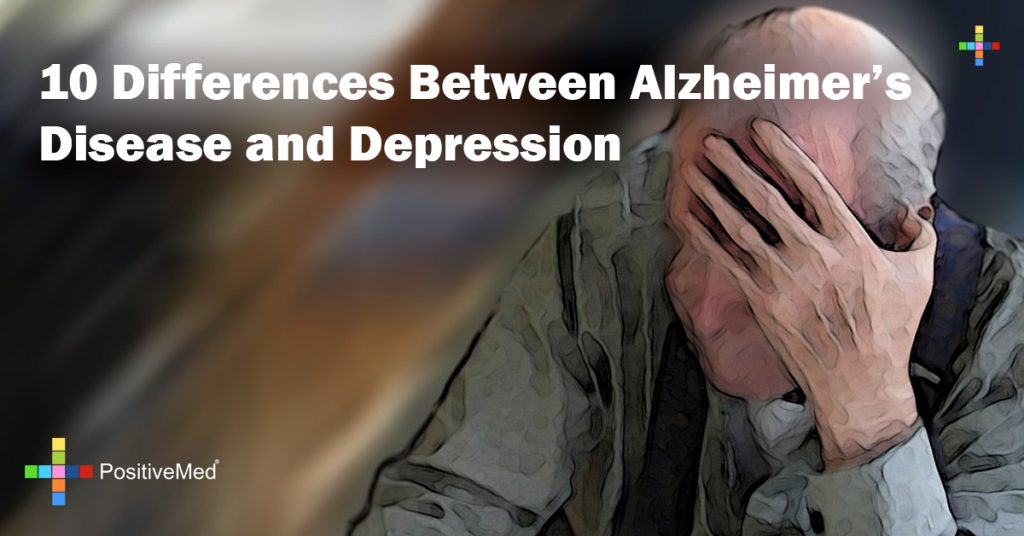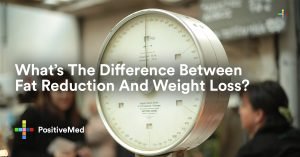
10 Differences Between Alzheimer’s Disease and Depression
By: Andres Carvajal
Edited By: Stephanie Dawson
Alzheimer’s or depression: Could it be both?
As people age some are diagnosed with depression or a mood disorder, they might show similar symptoms to Alzheimer’s disease. We are going to give you 10 tips in how to differentiate these two medical conditions.
• Onset: Depression often has a clear beginning, death of a relative, separation, divorce, abandonment, illness of relative or self, accident, or even life crisis. Conversely, in Alzheimer’s disease the onset might be slow and will start as gradual irritability and forgetfulness.
• Development: Depression symptoms can appear quickly and be very obvious, while in Alzheimer’s disease the development can last for years.
• Clinical History: It is more common to experience depressive episodes if the person has a history of depressive symptoms through life. With Alzheimer’s the person may have a clean history of psychiatric conditions.

• Neurological Damage: People diagnosed with Alzheimer’s are usually affected in 4 principal functions that are language, knowledge of the world, completing repetitive tasks like tying shoelaces, and the planning and execution of multi-step directions. Depressed people can appear to have similar difficulties achieving simple things, communicating with others, and forgetfulness.
• Magical Thinking: One interesting characteristics in Alzheimer’s is the creation of fabricated histories to explain episodes in life no longer remembered.
• Attitude: In a person who suffers from depression complaints are common and failure tends to be overrated. Typically a person who suffers from Alzheimer’s will make errors without being too judgmental of themselves.
• Task Failure: In a person with Alzheimer’s once a skill or ability is lost, it almost always remains lost, if the person suffers from depression they may use skills properly at times and not others.
• Reactions to positive affect: People who are depressed often find it difficult to react positively. Conversely, a person with Alzheimer’s still can often enjoy life and show spontaneous happiness.
• Social Skills: In a depressed person the onset of this condition has a significant loss of social activity, they don’t want to go out, don’t call their friends, don’t want anyone to visit. With Alzheimer’s there is usually no loss of joy in social contact.
• Neurologic Tests: Alzheimer’s disease has specific brain abnormalities in diagnostic tests such as CT scans and EEG’s (Computerized Axial Tomography or Electroencephalography)
Sources
http://www.mayoclinic.com/health/alzheimers/HQ00212
Is It Depression or Is It Early Alzheimer’s Disease?William B. Orr, Ph.D., M.D.





